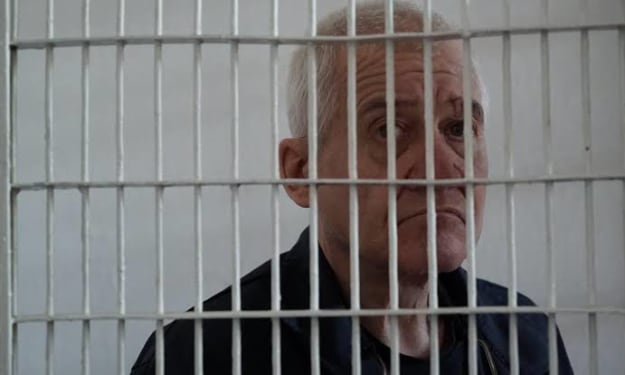Mysterious Serial Killer Case
Juan Vallejo Corona, a Mexican-American labor camp owner, shocked Yuba City, California, in the early 1970s with a gruesome killing spree.

Juan Vallejo Corona was a Mexican-American serial killer who terrorized the rural community of Yuba City, California, in the early 1970s. His crimes shocked the nation and left a lasting scar on the local community. This summary will delve into the life of Juan Vallejo Corona, the details of his gruesome murders, the investigation that led to his arrest, and the legal proceedings that followed.Born on February 7, 1934, in Autlán de Navarro, Jalisco, Mexico, Juan Vallejo Corona immigrated to the United States in search of a better life. He settled in California, where he worked as a laborer in the agricultural industry. By all accounts, he appeared to be a hardworking, unassuming man, which made it all the more shocking when his heinous crimes came to light.
Corona's killing spree began in the early 1970s when he was in his late 30s. He operated a small labor camp in Sutter County, where he employed migrant workers, many of them Mexican immigrants like himself. It was within this isolated and tight-knit community that he would carry out a series of brutal murders.Between May and June of 1971, the bodies of 25 men were discovered buried in shallow graves in the orchards near Corona's labor camp. The victims were all male, mostly in their twenties, and were believed to be farm laborers who had gone missing over a period of several months. The gruesome nature of the murders shocked both law enforcement and the local community.
The victims had been brutally beaten and stabbed multiple times. Their bodies showed signs of torture, and some had been emasculated. The sheer number of bodies discovered was unprecedented in the area and sent shockwaves throughout the region. The police were faced with the daunting task of identifying the victims and capturing the person responsible for this reign of terror.The investigation into the murders was led by Sheriff Roy Whiteaker and his team from the Sutter County Sheriff's Department. They faced numerous challenges, including the language barrier with many of the potential witnesses who spoke little or no English. Additionally, the remote and rural location of the labor camp made it difficult to gather evidence and conduct interviews.
As the investigation progressed, suspicion began to fall on Juan Vallejo Corona, the owner of the labor camp. It was noted that he had a history of violent behavior and had been involved in a series of altercations with his workers. This raised questions about his possible involvement in the murders.In January 1972, the breakthrough in the case came when a farmworker named Roberto Ramirez, who had survived an attack by Corona, came forward to provide information. Ramirez had managed to escape from Corona's grasp after being attacked and had hidden in the nearby orchards. He recounted the horrifying details of his ordeal and identified Corona as his assailant.
With this critical information and other evidence collected during the investigation, the authorities arrested Juan Vallejo Corona on suspicion of multiple murders. As they delved deeper into the case, they uncovered a gruesome and chilling tale of abuse and violence within the labor camp.During his trial, Corona's defense team argued that he was mentally incompetent and not fit to stand trial. However, after a psychiatric evaluation, he was found competent to face the charges against him. In January 1973, Juan Vallejo Corona stood trial for the murders of 25 men.
The trial was a media sensation, drawing intense public interest. The prosecution presented a compelling case, detailing the brutality of the murders and the evidence linking Corona to the crimes. In contrast, the defense attempted to raise doubts about Corona's mental state and questioned the credibility of some witnesses.Ultimately, the jury found Juan Vallejo Corona guilty of the 25 counts of first-degree murder. In March 1973, he was sentenced to 25 consecutive life terms in prison, effectively ensuring that he would spend the rest of his life behind bars.
Juan Vallejo Corona's case remains one of the most chilling and shocking serial killings in California's history. His crimes, characterized by their brutality and the high number of victims, left a deep scar on the community of Yuba City. The investigation and trial served as a testament to the determination of law enforcement to bring a remorseless killer to justice.In the years following his conviction, Juan Vallejo Corona maintained his innocence, but he never managed to overturn his conviction. He died in prison on March 4, 2019, at the age of 85, taking the secrets of his gruesome crimes to his grave. The memory of his reign of terror still haunts the collective memory of the community and serves as a stark reminder of the capacity for evil that can lurk beneath the surface of seemingly ordinary individuals.





Comments
There are no comments for this story
Be the first to respond and start the conversation.